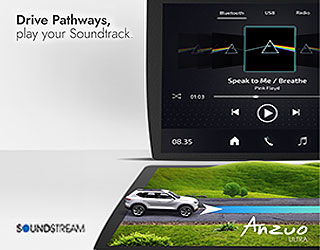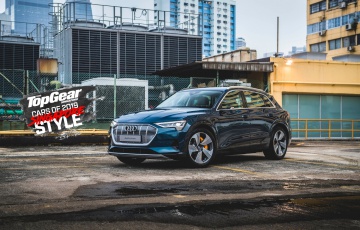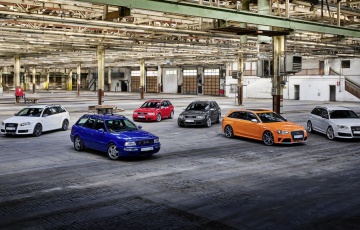Markus Schuster talks us through the Audi Age of e-tron
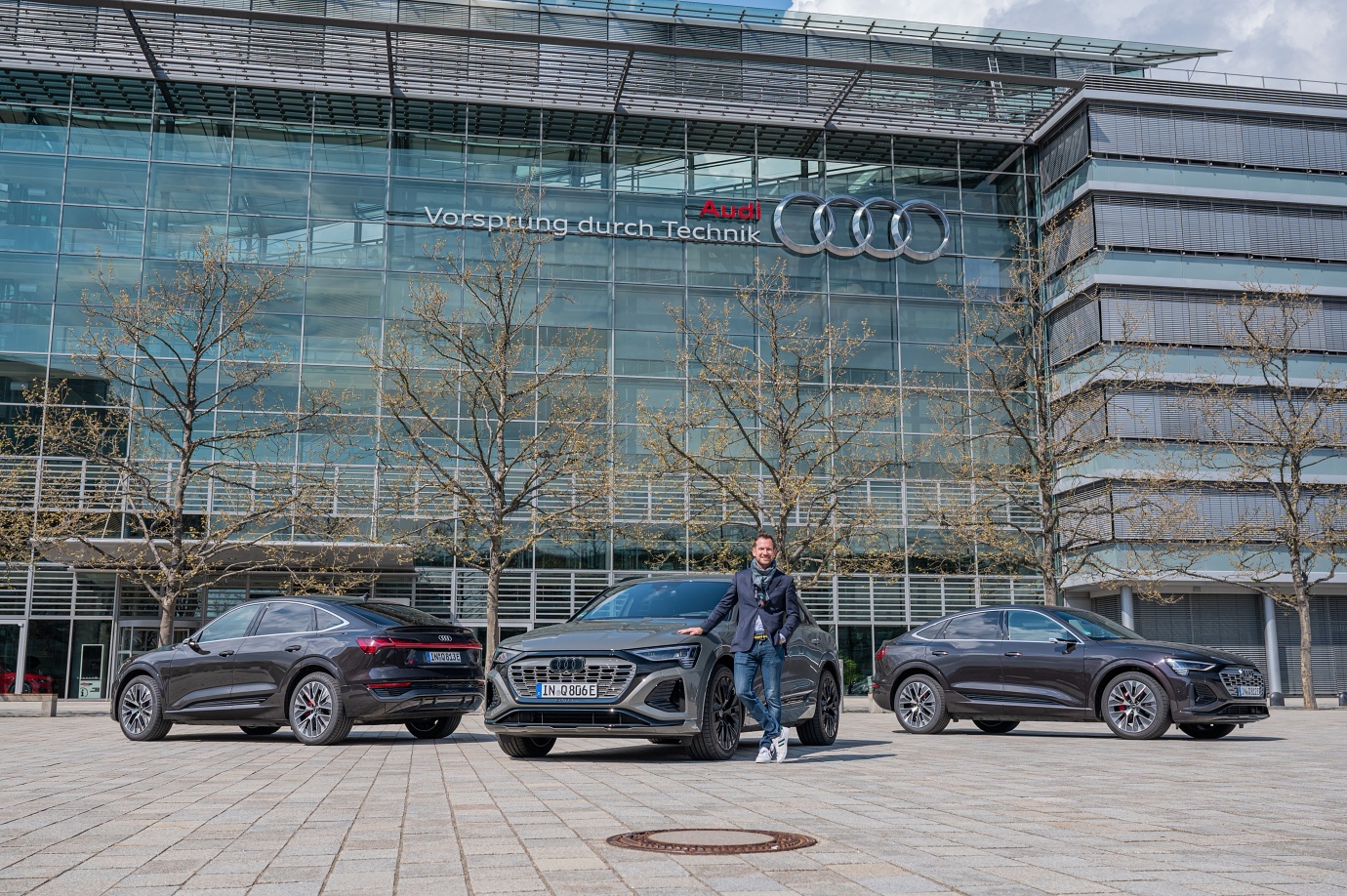
Markus Schuster from Audi Singapore talks us through the Audi Age of e-tron
Shangri-La, Singapore - “If you build it, they will come”, except that’s not always quite true with electric vehicles (or EVs for short).
Sometimes, it’s not enough to lead a horse to water, you need to figure out how to coax and cajole it to drink-up as well.
Selling an EV isn’t like selling a traditional ICE (Internal Combustion Engine) vehicle, because consumers require more of a nudge to embrace what’s arguably a massive paradigm shift.
We’re at the soft launch of Audi’s top-shelf Q8 e-tron crossovers (SUV and Sportback), an invite we accepted at lightning speed, because it included a dialogue session with Audi Singapore’s Managing Director, Mr. Markus Schuster.
With the Q6 e-tron and Q4 e-tron crossovers inbound come 2024 to bolster Audi’s e-tron range here, it was a great opportunity to pick his brain about the brand’s electrification journey in Singapore so far.
At present, we’re told Audi EVs account for about 10 per cent of total Audi registrations here.
Markus tells us, “We will be rolling out the whole e-tron range over the next few years, with the Q4 e-tron and the Q6 e-tron arriving in Singapore in 2024. This will round up the portofolio a little further down the price ladder and we believe the Q4 e-tron will make Audi EVs even more accessible to drivers in Singapore. It is in the sweet spot size-wise (and price-wise).”
Charging infrastructure and community aside, EV consumers generally need to be assuaged with the confidence that both brands and government policymakers are committed to EVs.
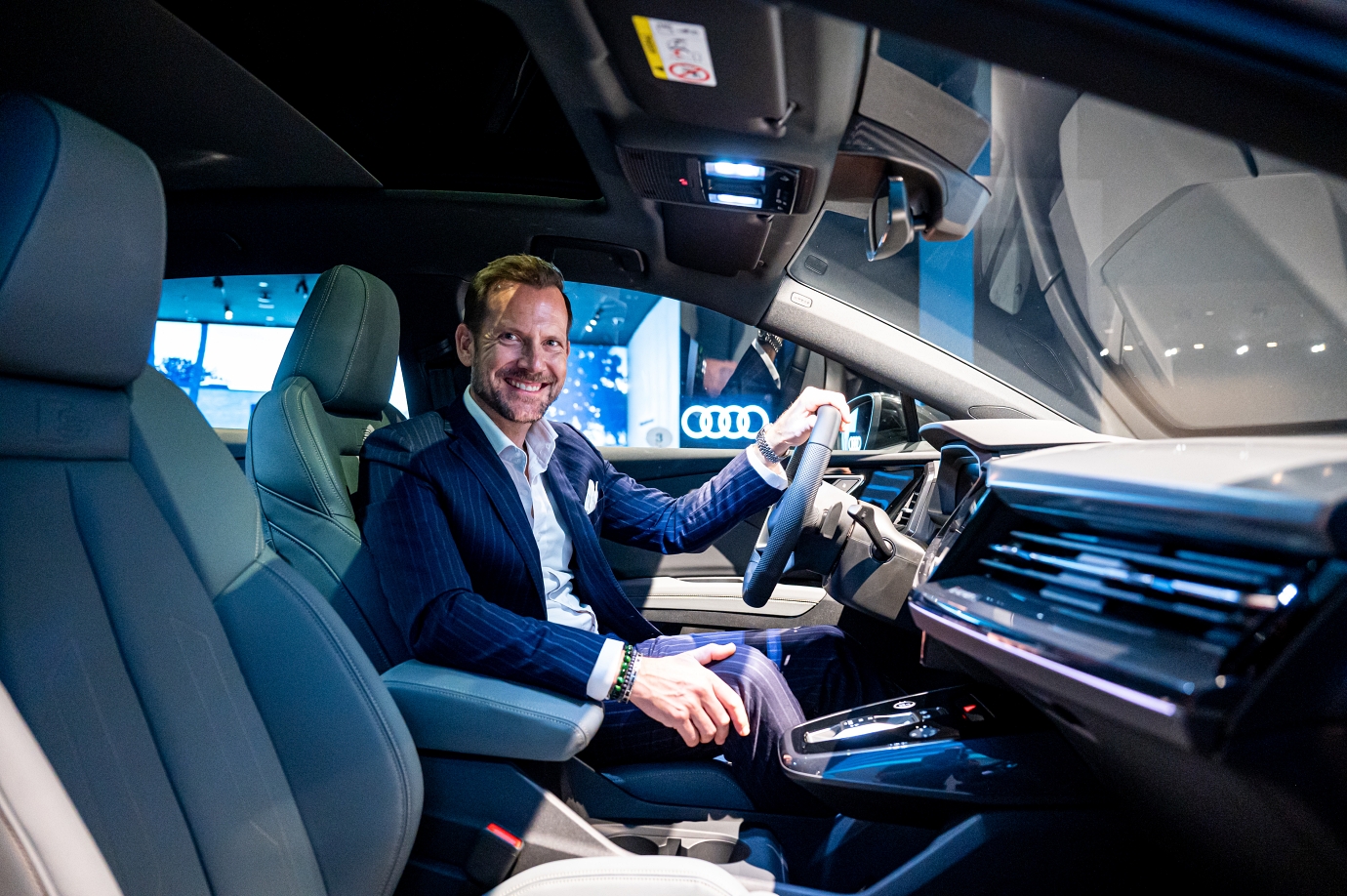
“Audi’s strategy is very clear and we will be phasing-out ICE vehicles gradually. All new model introductions that Audi will bring to the market from 2026 onwards will be pure EVs, with the last Audi ICE vehicles to be produced from the beginning of the 2030s. This is a very clear commitment from Audi, so we know where the brand is headed over the coming years,” he says.
According to Markus, EVs accounted for around 18 per cent of sales in the premium segment last year, and he tells us it’s 20 per cent at present and growing from month to month.
Markus elaborates, “From what we’ve seen in all the countries where the BEV (Battery Electric Vehicle) trend has started, it starts very slowly (like in Singapore) and then there’s an exponential growth once it hits a certain critical ‘tipping’ point and things take off.”
“Singapore is the perfect environment for EVs. People don’t normally cover super-long distances (I think the average is 30-35km a day), so range anxiety shouldn’t be a concern in Singapore and yet it is. Unfortunately, it is a psychological thing, so it still IS an issue,” he smiles.
“And this is why we’re improving the range of our current offerings, like the Q8 e-tron’s 600km full-charge range, for instance. Hopefully, this gives the customers the reassurance and confidence to make the switch to our EVs,” Markus says.
EV adoption has been helped a lot thanks to government subsidies (the EV Early Adoption Initiative for instance), as well as the state’s investment in charging infrastructure, both of which are waypoints in the city-state’s road-map to achieve its strategic goal of phasing out ICE vehicles from 2030.
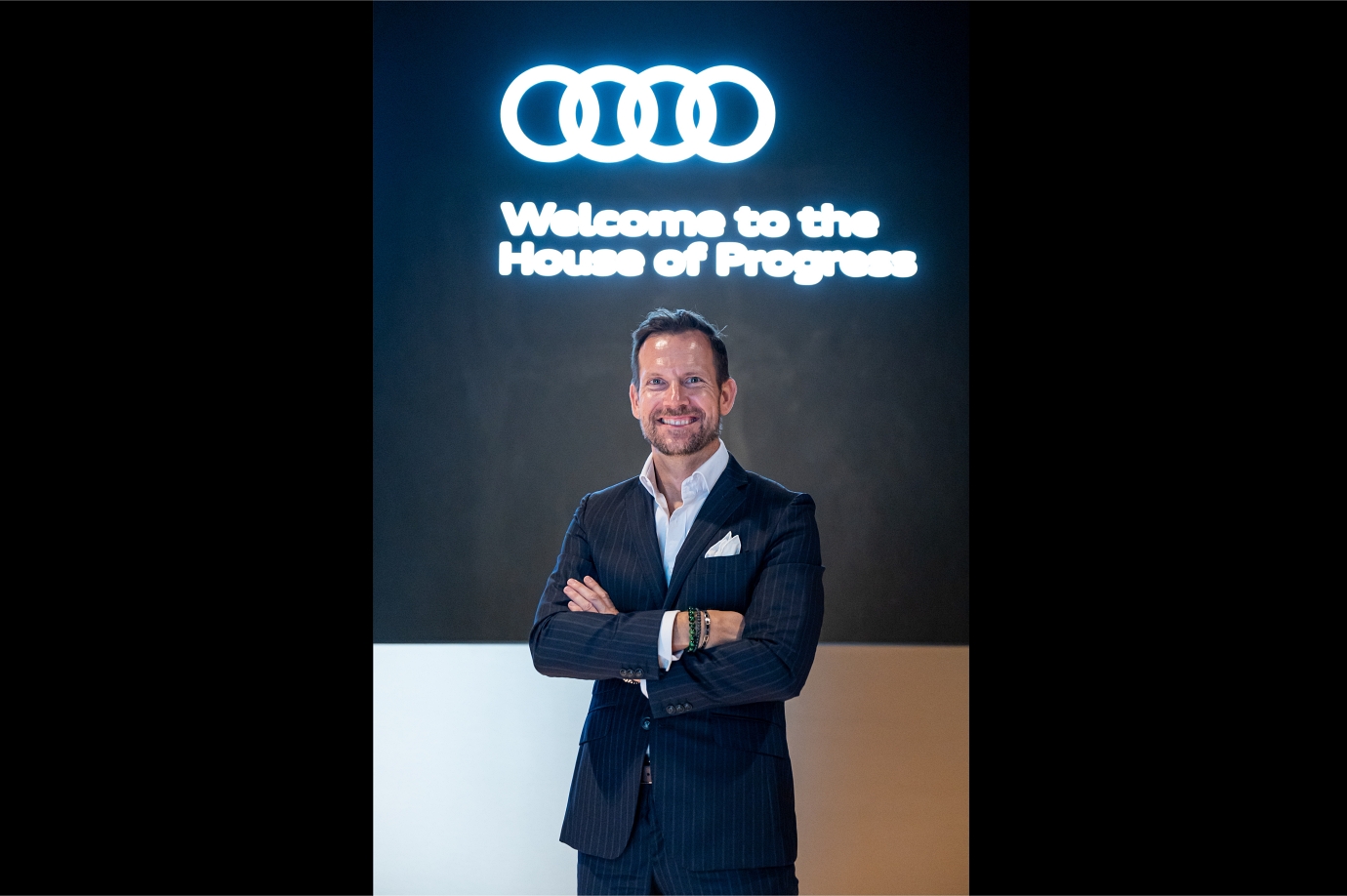
Markus adds, “Charging infrastructure shouldn’t solely be the responsibility of the government and public institutions. This is why Audi has built-up its own charging infrastructure – Audi Destination Charging – with 38 charging points in 12 destinations around Singapore.”
After all, the point is to have your EV segue neatly (or as neatly as possible) into one’s lifestyle, be it grocery shopping or hitting the mall without too big a disruption to your routine – even if EVs are touted as a big disruption to the automotive world, they don’t have to disrupt your life.
“The Audi Destination Charging locations are selected based on where people go-to any way, because charging shouldn’t be something that interrupts or gets in the way of your daily doings. It should be something you can do on the way, or when you go to the mall or when you go somewhere you have to go anyway,” he continues.
However, that’s just the ‘hard’ stuff, because Markus feels that ‘soft’ skills are necessary to engage the customer and enhance his/her ownership journey. This is especially relevant in the case of the Audi e-tron models, because they operate in the premium segment, where it’s more about the lifestyle and ownership experience than merely buying a metal box with a motor in it.
“With the high prices of cars here, it’s always been a lifestyle choice to own a car in Singapore, especially since the excellent public transport and grab / gojek alternatives make it easy to get around. This is why I believe the Singaporean buyer has very high expectations of what they expect from a premium brand like Audi. They expect premium service and that the person selling the car is there for them. And even after the deal is concluded, they expect a special brand experience,” he tells us.
He goes on, “And these are the kind of experiences we try to give our customers with the ‘myAudiworld’ customer programme, which curates exclusive dining and drive events, but more importantly, cultivates a community of like-minded enthusiasts, which is important if you want to develop a brand in Singapore.”
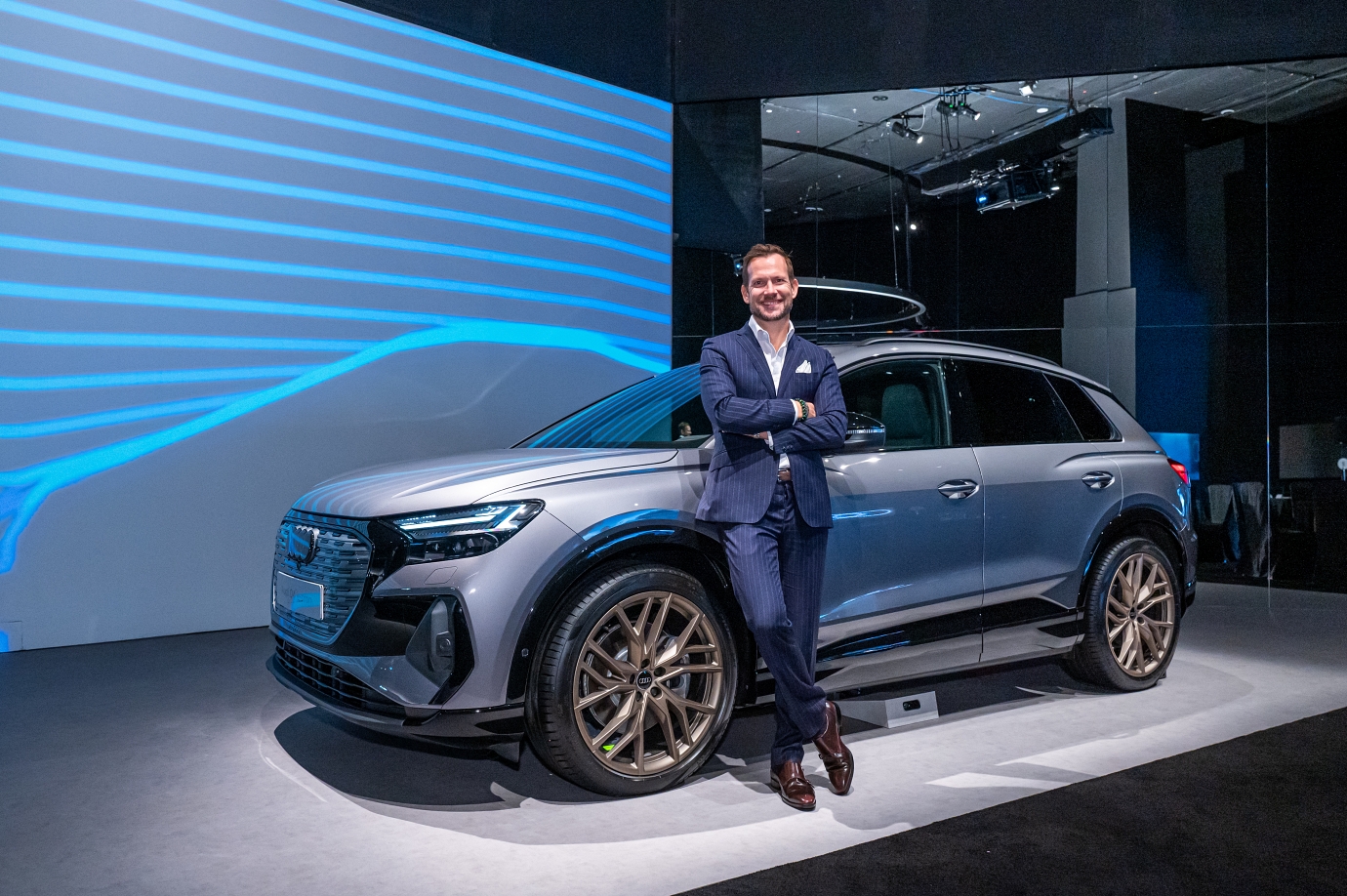
One of the cornerstones of the premium segment is about giving more choices to the consumer, be it in terms of communication channels or commuting options.
“People want to choose how they want to be in contact with the brand and this is why we’re working on new modes to engage the customers, such as the Audi Service App for instance, which lets you book your car’s service appointment remotely,” Markus tells us.
He goes on, “Around 25 per cent of service appointments are now booked via the App and the numbers are growing. We’re investing in giving the customers more of an online brand experience over the next few years, which gives us a greater possibility to be in closer contact with the customers than we could have in the past.”
As far as commuting options go, Markus realises that evolving mobility needs may reach a point where people may want to use a car without owning one, which is where ‘Audi on Demand’ (an existing programme that has seen its registered numbers swell in recent times) enters the picture – again, it is all about giving the consumer a choice.
The ‘Audi on Demand’ programme lets you rent an Audi whenever you need to drive, so you don’t need to own it in order to use it (or try it), over anything from three-hours to a few months at a time.
He elaborates, “We believe these concepts will be developing very much in singapore and in the future we believe that more and more people will use these more flexible models in order to be mobile,”
“Ultimately, we want to create an ecosystem for the Audi customers where they enjoy an omni-channel brand experience. This is something we work on hand-in-hand with our dealer, Premium Automobiles. For the customer, there’s just one Audi brand and they make no distinction between the principal and the dealer. It should always be one brand experience that the customer enjoys,” Markus concludes.
PHOTOS Audi Singapore
